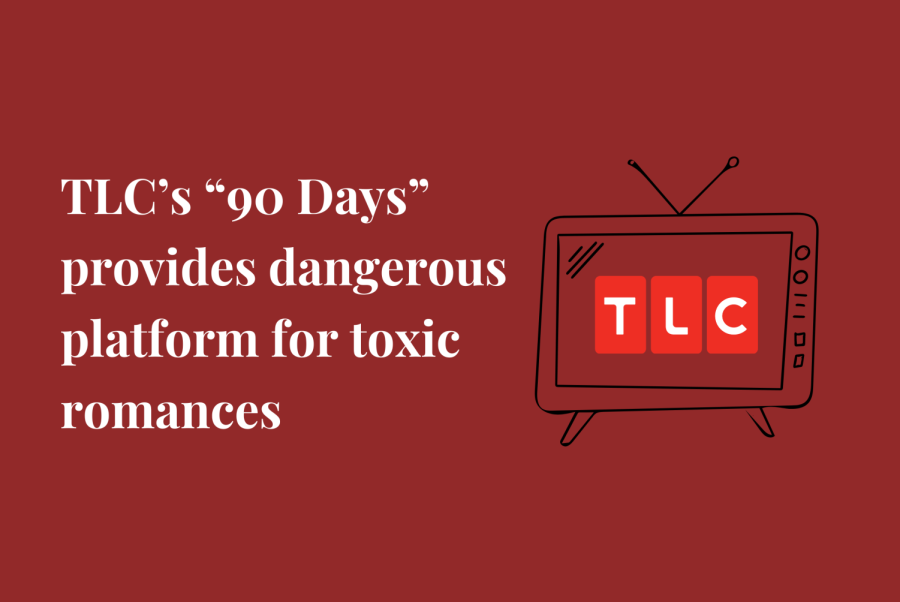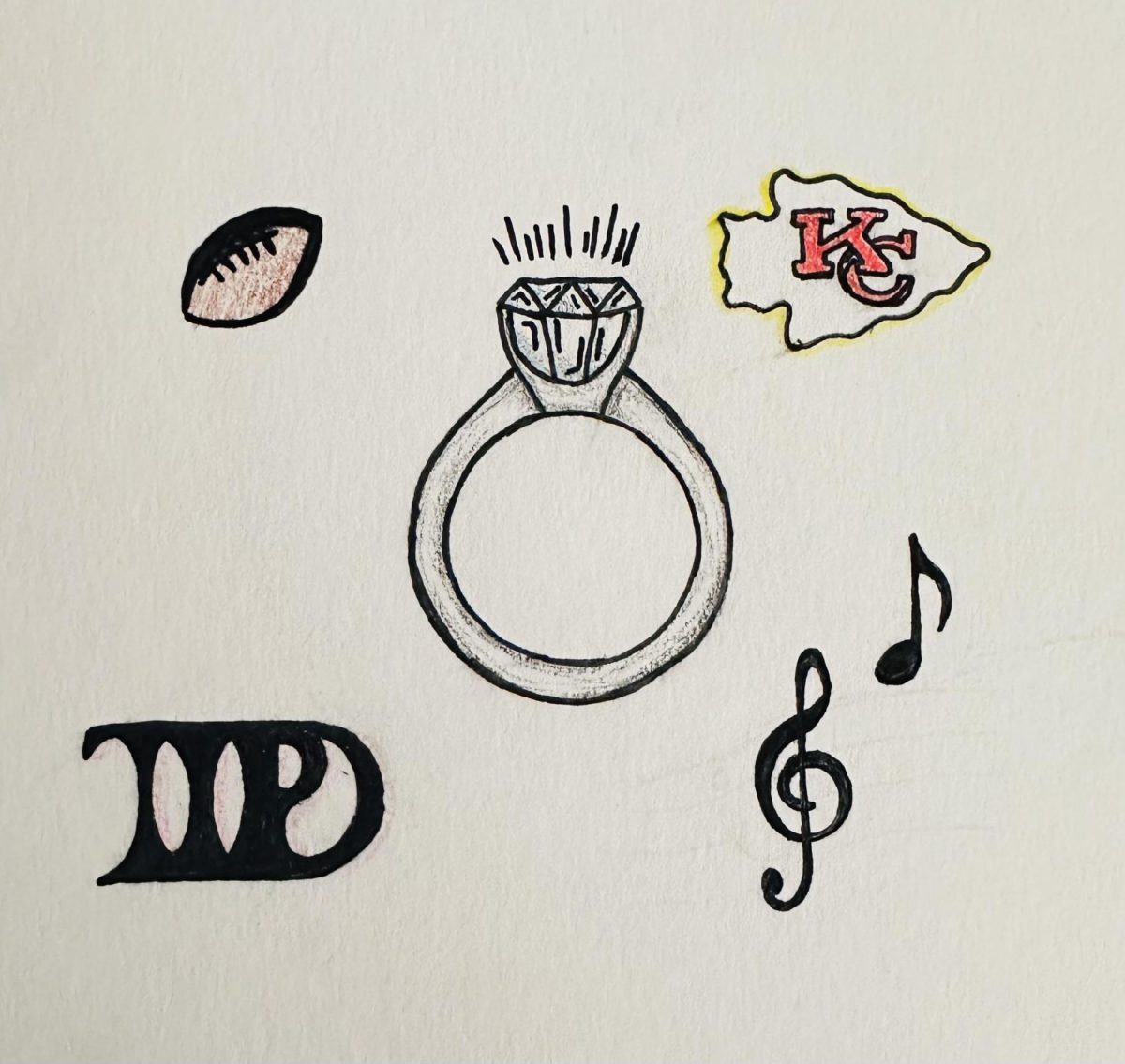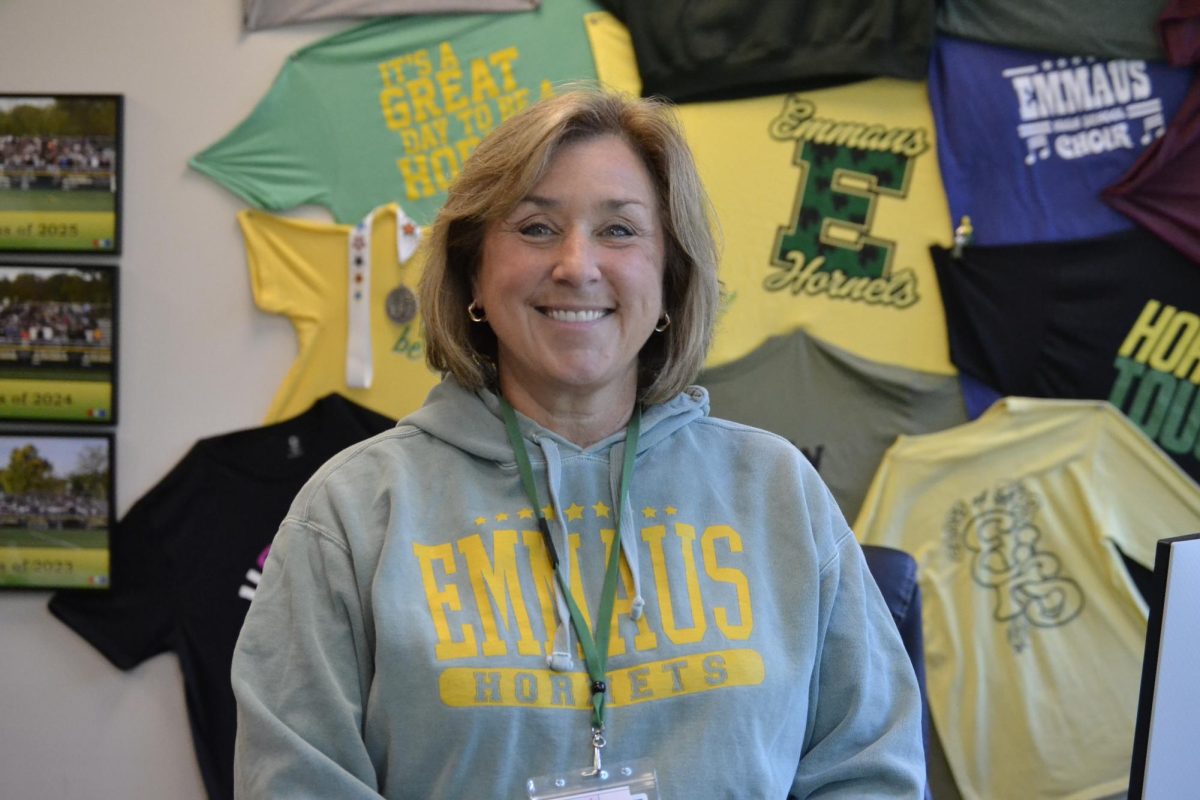TLC’s “90 Days” provides dangerous platform for toxic romances
May 11, 2023
This previously ran in our April 2023 print issue.
The Learning Channel (TLC) is one of the most popular networks on cable television — but these days it seems to be more about exploiting vulnerabilities and giving platforms to dangerous individuals than learning about unique people.
One of the most popular shows on TLC is “90 Day Fiance” and its various spinoffs, including “90 Day Fiance: The Other Way,” “90 Day Fiance: Before the 90 Days,” and more.
In the United States, one way prospective immigrants can earn American citizenship is by marrying an American citizen within 90 days of their marriage visa application. The show follows the stories of various couples, one from America and one from another country, deciding whether or not they want to get married.
For example, Edward Brown, known as Big Ed — became quite possibly the most “meme-d” cast member on the show. With his short stature and no neck (seriously), Brown became viewers’ favorite target, especially after he revealed his girlfriend Rosemarie Vega, or Rose, a young, beautiful Filipino woman. Brown’s likability continued to decline after his nasty comments about Vega’s unshaven legs and alleged bad breath. Needless to say, the two did not work out.
Another bad match included Jorge Nava and Anfisa Arkhipchencko, who became one of the most infamous “90 Day Fiance” relationships, if you can call it that. The two agreed their relationship was basically transactional — Nava admitted being attracted to Arkhipchencko looks (but not her demanding and greedy personality) while Arkhipchencko stated she was only with Nava for his money. Not surprisingly, the couple did not make it. In fact, Nava spent two and a half years in prison for marijuana trafficking, while Arkhipchenko began working as a bodybuilder.
It’s difficult to justify some of the borderline abusive relationships that end up on TLC’s 90 Day Fiance, especially as producers and the network itself profits millions from televising explosive fights, messy divorces, and uncomfortable family relationships.
The show has its funny and sweet moments, like when Mike Berk proposed to Ximena Morales in her native language, Spanish, all while her family watched blissfully.
However, showcasing the cheating, fighting, and possessiveness that frequently finds its way on TLC’s network promotes the idea that unhealthy relationships are dramatic and entertaining.
The 90 Day franchise isn’t the only exploitative program on TLC. Another popular show, 1,000 Pound Sisters, showcases the story of Amy and Tammy Slaton, two humorous, morbidly obese southern women and their weight loss journey. Amy achieved her goal of getting weight loss surgery, however, her sister has continued to fall down a spiral of obesity by choosing the wrong men to date — some of them including “feeders,” or people with a fetish for morbidly obese individuals.
In being on the show, the Slaton sisters have received a massive amount of attention on social media, which has allowed them (Tammy, specifically) to find feeders and other dangerous individuals — all while TLC rakes in earnings.
It is a similar situation to the canceled program 19 Kids and Counting, a show about uber-Christian-conservative parents Jim Bob and Michelle Duggar and their 19 children. One of the most infamous scandals in TLC history included the oldest Duggar child Josh Duggar, who molested several of his younger sisters during his teenage years.
Not much longer after the scandal, Duggar cheated on his wife, Anna Duggar, using adult website Ashley Madison, and allegedly assaulted adult film star, Danica Dillion. Most recently, the Federal Bureau of Investigation arrested Duggar for viewing child sexual abuse images and videos on his personal computer, which resulted in spending the next 12.5 years in prison.
What started out as wholesome shows about international relationships, sisters losing weight, and a big family, turned into an outlet for manipulation, toxicity, and a platform for unhealthy behaviors and relationships.
Regardless of entertainment or monetary value, TLC cannot continue exploiting the lives of vulnerable people. The “cast members” of these shows are not characters in a script — they are human beings with serious issues, whether it be navigating a challenging relationship or complicated immigration policies or morbid obesity. It is unbelievable that one of the most popular networks on television allowed a child predator to gain an audience and continues to show toxic relationships as entertainment.
We’ve learned a lot from The Learning Channel recently— and none of it is exactly good.













